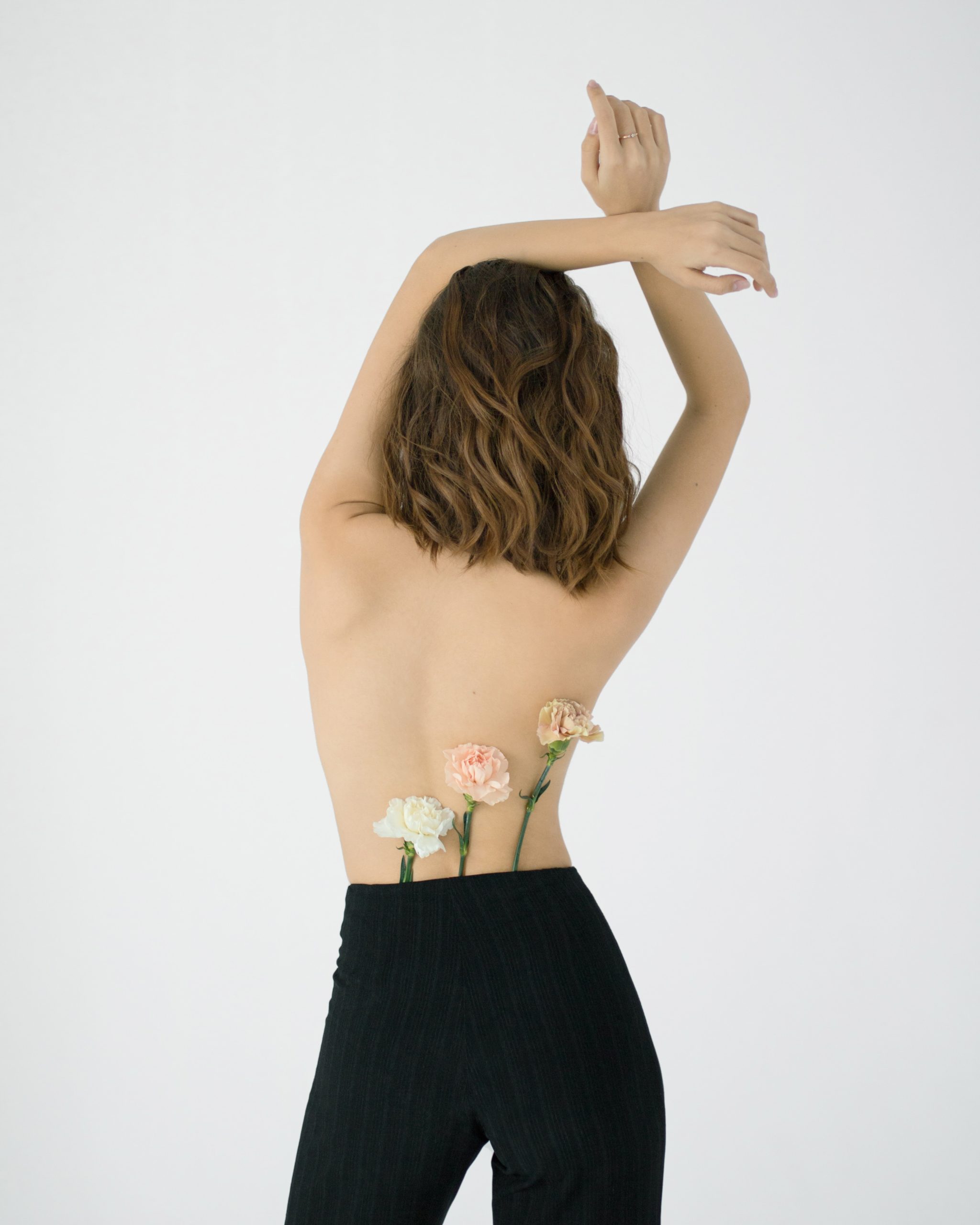Practicing to listen to your mind and body…
First of all, what is our intuition? You know the feeling. It’s a ‘knowing’ or at the very least a gentle persuasion that something is off, or remarkable, or needs our awareness. It’s subtle and doesn’t clamour for attention, which is why it’s easily missed. It’s intuition, and like most things that speak with a quiet voice, if we listen the potential is life-changing. Essentially, even if we aren’t aware of it, every person on the planet has intuition but not every person chooses to listen to it.
It’s not a nagging voice in our head and it’s not a devil on our shoulder, but the subconscious mind communicates with the conscious mind. The information that informs ‘that feeling’ is real. It’s like any other decision but the workings of it – the collection, the storage, the putting together – happen outside of our conscious mind. Often, the inspiration that strikes up intuitive direction shows up as a strong sense of knowing in our gut. This can refer to people, circumstances, and decision-making, though we don’t always tune in to what it has to say. So intuition is a brilliant thing. The sharper it is, the better off you’ll be. Another major block to receiving the best of our intuition is fear. Whenever we get scared or nervous, we don’t trust ourselves, and we cut off communication with our inner guide. Then fear leads us to overthink and start future-tripping negative outcomes. All of these self-made blockades disconnect us from our intuitive guide within. But this can easily be avoided if you want to tune into your feelings. Here’s how to listen to yours so it flourishes and ready to advise … It sounds simple enough – and it is. Your intuition can’t talk to you if you’re not listening. When you start to take notice, good things will happen and the decision for the right actions to take will revile themselves. When a word like ‘gut’ teams up with a word like ‘feeling’, you know there has to be a good reason. And there is. Research suggests that emotion and intuition have a physical presence in our gut. The gut is lined with a network of neurons and is often referred to as the ‘second brain.’ It’s known as the enteric nervous system (ENS) and it contains about 100 million neurons, which is more than the spinal cord and peripheral nervous system but less than the brain. This is why we get ‘sick’ about having to make a tough decision or knowing we’ve made a bad one. 
Shhh. Listen.
Trust that stomach ‘gut’ feeling.
You’ll know your intuition is there because you’ll be able to feel it – if you let yourself. You’ll feel it in your belly and it will goosebump your skin, send a shiver down your spine, race your heart and quicken your breath. Sometimes it’s even more subtle and the only way to describe it as a ‘knowing’. You’ll feel when something is right – it will feel clear, nourishing and enriching. And you’ll feel when something is off – usually an ache or a flattening. The more information you can gather from the environment, the more the intuitive, subconscious part of your brain has to work with – and the more accurately it will inform your decisions. People are a big factor, their energies and their intentions can easily depict a feeling. There are so many things that inform our opinions and decisions other than speech. Tone, the volume of speech, body language, gestures, and someone’s energy – they all contribute to the meaning we give to our interactions with people. Sometimes, we have a feeling about people but can’t quite put a finger on what it is. People might seem distant, distracted, uninterested, and often these aren’t spoken but are ‘picked up’ through in different ways. The ability to pick up on the thoughts, feelings, and intentions of others is referred to as ‘empathic accuracy’. The more time we spend with people, the more we can finely tune or empathic accuracy. Being able to pick on the signals of others will all add to intuition. Having solitude turns down the noise of the world and allows you to tune in to your intuition. Our intuition is always sending warnings and encouragement but often we are too busy to notice. Let your mind wander and be open to what comes to you – feelings, thoughts or words. One of the ways to do this is through mindfulness. By focusing your thoughts on your own experience in the present moment, mindfulness gets rid of mental clutter and makes way for you to connect with your intuition. Dreams are the brain’s way of processing information that’s leftover from the day. They are rich with valuable data – experiences, memories, learnings – so they can work hard if we let them. Paying attention to dreams can provide information that we may not have access due when we are awake. Before you fall asleep, turn your thoughts to any unresolved issues or problems. Think about possible options or resolutions as you’re falling asleep. Close your eyes and let your brain do the rest. Take this exercise into your day-to-day life and trust that the more you practice the art of listening to your intuition, the more you’ll trust its loving guidance. Intuition is powerful and can lead to amazing insights, but that doesn’t mean you follow it blindly. It’s still important to use common sense and a balance of rationality. You need a balance of both – call into play both the intuitive and rational parts of the brain to position yourself to reach the best decisions. Start small, listen, and heed. 
Feel.
Pay attention to what’s going on around you.
Connect with others.
Find time to be silent and still.
Use your dream time well.

